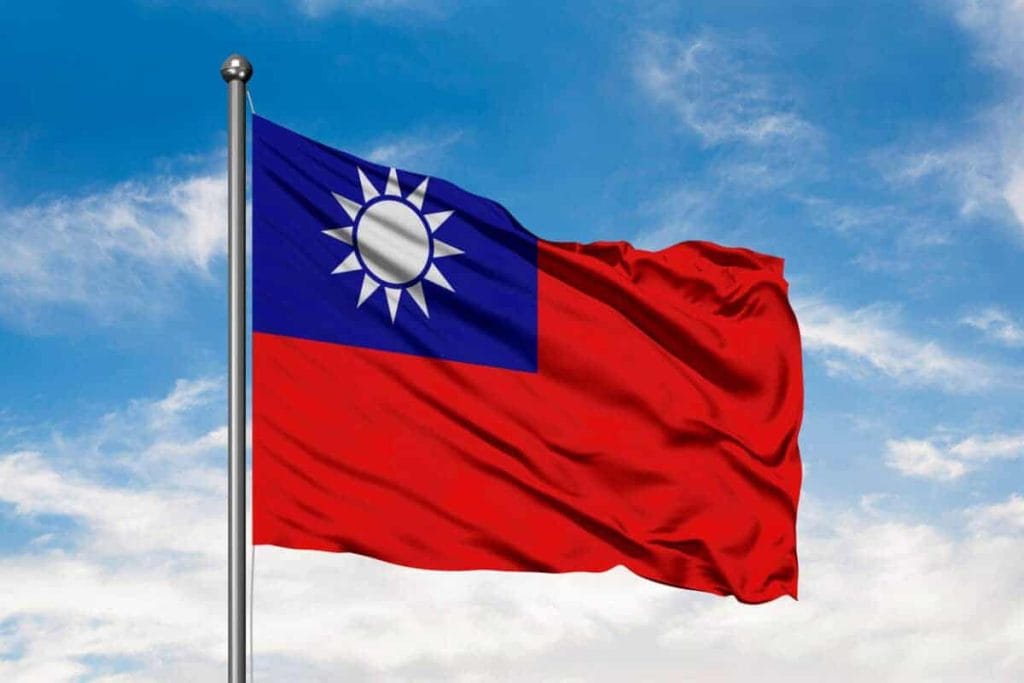In a world where alliances are shaped not only by embassies but by education, healthcare, and shared development, Taiwan is carving out space in Africa – quietly, deliberately, and relationally. With only one official ally left on the continent – Eswatini – Taipei has embraced a bold strategy many are calling “non-recognition diplomacy.”
At first glance, Taiwan might seem absent from the African diplomatic scene, overshadowed by China’s massive infrastructure investments and formal partnerships. But beneath the surface, a subtle yet strategic presence is emerging – built not on billion-dollar deals, but on people-to-people engagement.
Classrooms Over Embassies: Education as Influence
Since the early 2000s, Taiwan has offered hundreds of scholarships to students from across Africa, many from countries that do not recognize it diplomatically. Through its International Cooperation and Development Fund (ICDF), Taipei invites students to study in Taiwanese universities, covering tuition, housing, and cultural immersion.
Graduates return home with more than degrees – they carry stories, networks, and a firsthand understanding of Taiwanese values. “It’s soft power with staying power,” says a lecturer at the University of Ghana, who supervises returning alumni-led NGOs supported by Taiwan.
Healthcare Diplomacy: Quiet but Enduring
Taiwanese medical teams have operated in underserved African communities from Somaliland to Burkina Faso, offering services ranging from surgical missions to pandemic response training. During the COVID-19 crisis, Taiwan stood out by sending masks, test kits, and know-how – all without headline-grabbing ceremonies.
Unlike China’s state-driven “mask diplomacy,” Taiwan focused on training local workers and building long-term resilience in public health systems. In Uganda and Malawi, local clinics now use Taiwanese telemedicine models adapted to low-bandwidth environments.
Farming, Not Flags: Smart Agriculture and Local Development
In semi-recognized regions like Somaliland and small nations like São Tomé and Príncipe, Taiwan has introduced agricultural programs using smart irrigation and renewable energy. These projects are small, but locally driven and ecologically sustainable.
One farmer in central Eswatini said, “They didn’t come with speeches or flags. They came with tools and stayed to teach.”
A New Kind of Diplomacy in a Multipolar World
Taiwan’s Africa engagement flips the script on traditional foreign policy. Rather than compete with China’s Belt and Road Initiative through megaprojects, Taiwan builds micro-relationships that accumulate over time. This “network diplomacy” is tailored to countries with vibrant civil societies, where trust and grassroots visibility can matter more than protocol.
In countries like The Gambia and Liberia, informal cooperation has grown steadily. In Malawi, Taiwan-backed health and education projects have expanded even without formal ties. Analysts say these are the nations to watch if recognition dynamics ever shift again.
A Challenge to China’s Monopoly on Influence
Beijing, which claims Taiwan as part of its territory, pressures African countries to avoid official engagement with Taipei. But civil society, youth leaders, and small business communities across Africa are increasingly open to alternatives. Some openly criticize China’s approach as top-heavy and debt-driven.
Taiwan offers a contrast – small, flexible, and perceived as a peer rather than a patron. Its strategy may not reverse formal diplomatic tides, but it is changing perceptions and planting seeds.
Will Soft Power Survive Hard Politics?
The key question now is whether Taiwan can sustain and scale this quiet strategy amid growing geopolitical pressure. Its presence in Africa may not come with red carpets, but in classrooms, clinics, and farmlands, it is being felt.
In the 21st century, diplomacy may no longer hinge on recognition alone. Taiwan’s Africa outreach suggests a future where presence is measured not by embassies – but by impact.



